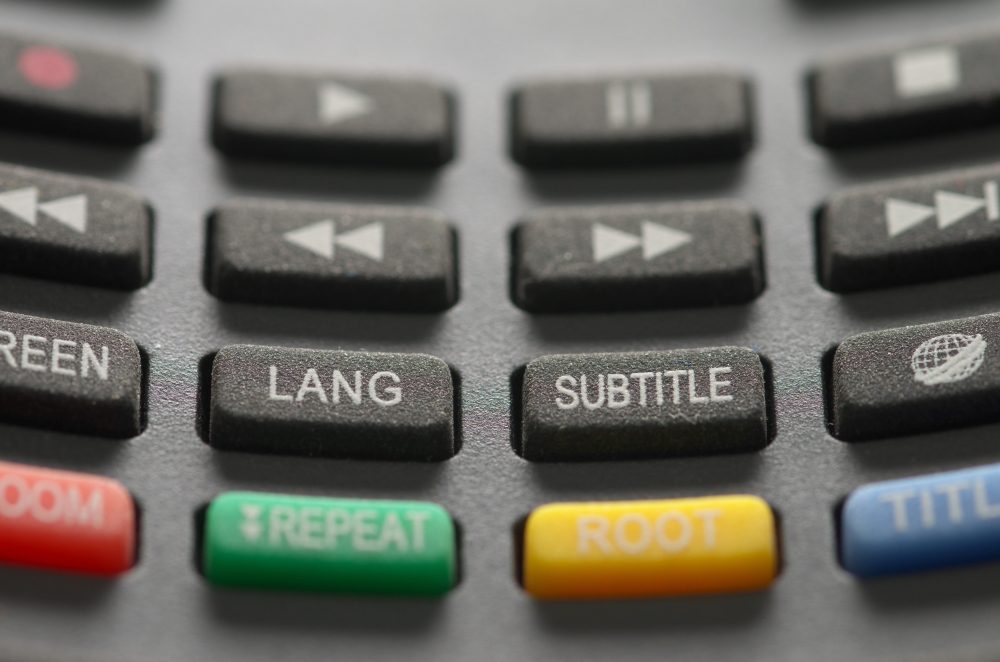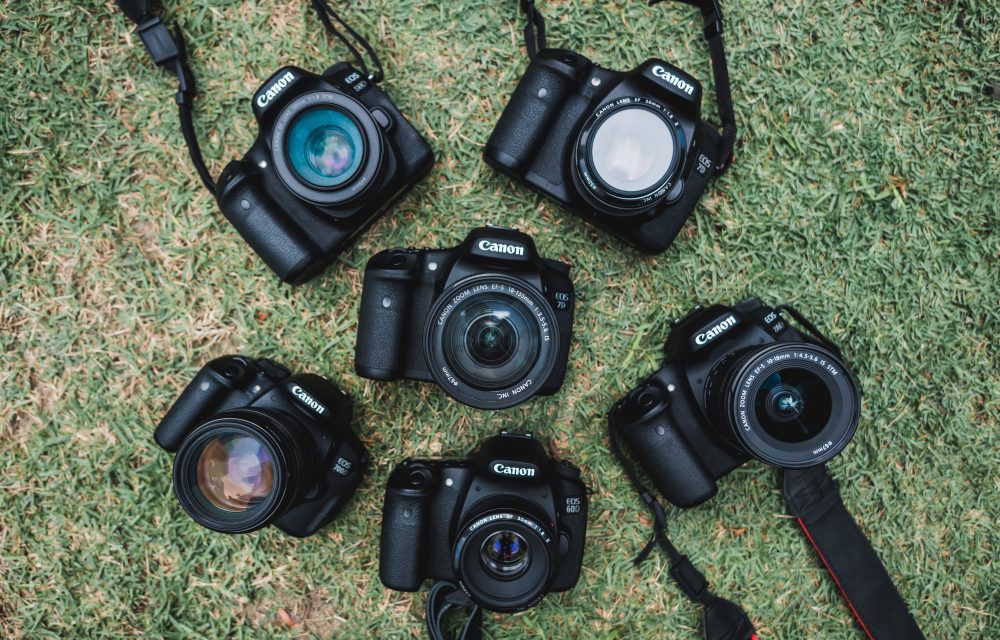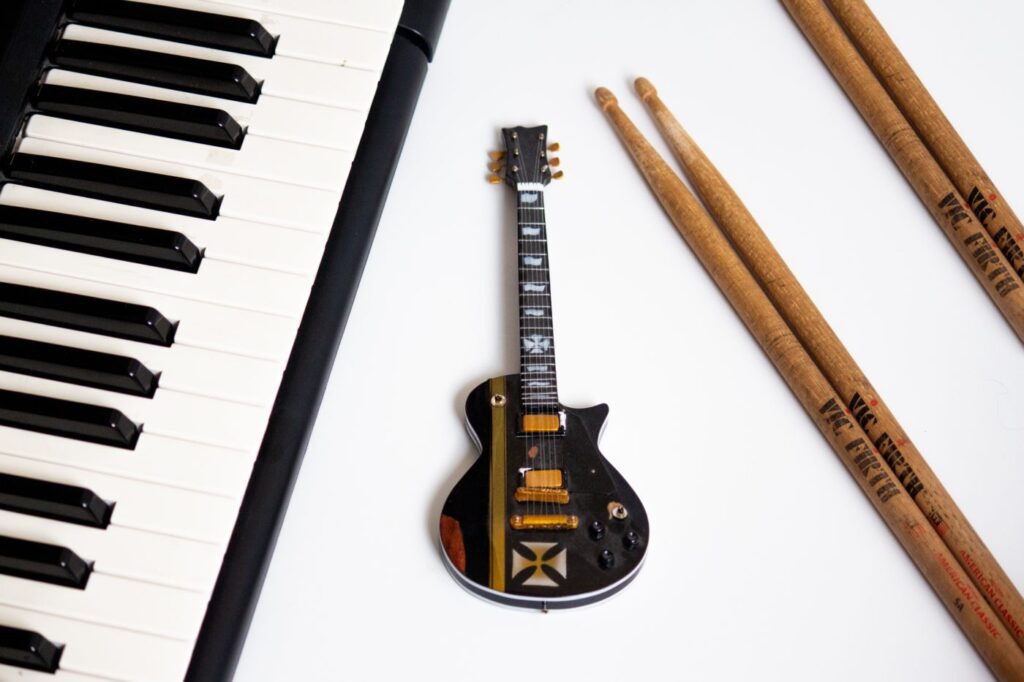
Disciplines and interdisciplinarity Historically, academic disciplines were defined through the departments within which they were taught at universities, with the same subject separation mirrored in the UK school system. For example, history and biology are single academic disciplines that are also taught as single subjects in schools, falling within the higher-level humanities and sciences faculties, […]

We’ve recently finished analysing 6,000 responses from 14–18-year-old students. As part of a three-year research project, we asked students – through focus group interviews and a survey – about the arts in school: whether the arts subjects matter to them, what they learn and how they experience the teaching. One message came through consistently and […]

The DfE’s Standard for Teachers’ Professional Development (2016) suggests that a stand-alone training event, such as a one-off twilight session, is ‘unlikely to have a lasting impact on pupil outcomes’ and instead promotes a longer-term programme of varied activities. In this case study we (a Y6 teacher and a drama-practitioner) share our joint experience of […]

Assessment undertaken in schools should be valuable and worthwhile for students. In recent years, the pressures placed upon schools to improve performance have increased the pressure on teachers to assess frequently and summatively (Fautley, 2010). In my experience as a music teacher, assessing in this way does not always equate to success, worth or value […]

Rosenshine’s principles of instruction (2012) offer 10 research-based strategies with suggestions for classroom practice. Here, I discuss how principles one and 10, relating to the importance of regular review for long-term learning, can be used in practice in the modern foreign languages (MFL) classroom – but many of these ideas are applicable across different subject […]

Whilst there is clear intention that children should have opportunities for practical experience, this seems to be limited to performance skills, rather than composing skills. Whilst performing is an important aspect of music education, it is just one parameter of what I would argue should be a much more all-embracing framework. I want to consider […]

Many schools choose to engage in professional partnerships with artists and arts organisations, whether they be school residencies, individual artists working in school settings or venue-based school excursions and education programmes. There have also been many studies in the last couple of decades, both nationally and internationally, that overwhelmingly reveal the positive outcomes for students […]

We began teaching our subjects to pass on our knowledge and passion, but with our busy daily working and personal lives we sometimes forget to ‘feed’ the very fire that began all those years ago. When the pedagogy and syllabus knowledge begin to embed, how might we revisit our passion for the subject we studied […]

In the 60 years since CP Snow’s Rede Lecture of 1959, there has been a considerable narrowing in the cultural divide between science and the humanities, and only the most entrenched observer would continue to insist that the gulf he described between the ‘two cultures’ still exists. Much of this entente has come from a […]

The phrase ‘cultural capital’ is everywhere. In 2013, the then Education Secretary Michael Gove famously quoted Gramsci, saying The accumulation of cultural capital – the acquisition of knowledge – is the key to social mobility. Gove went on to say, you will find children learning to read using traditional phonic methods, times tables and poetry […]

On 26 May 2019, a range of news sources reported on a ‘crisis in music education’ (Alberge, 2019), telling of how A-level and GCSE music entries are falling sharply, particularly in deprived areas. The original research, conducted by Birmingham City University (Whittaker et al., 2019), complements findings in the ‘Music education: State of the nation’ […]

At a time of increased focus on core subjects and shrinking school budgets (Cultural Learning Alliance, 2018), how can we make the case for taking children to museums and galleries to experience the power of object-based learning? Over the past 18 months, learning teams at the University of Cambridge Museums (UCM) and the National Gallery […]

Photographic education is in limbo, and the future of its impact is hanging in the balance without change (Rubinstein, 2009). The relatively new subject (in comparison to its more traditional, academic cousins) has carved its way through traditional art education and the digital revolution and gained a rightful place in higher education. Yet now this […]

This case study describes a research project called SciArt designed to explore how encouraging collaboration between art and science supports students’ developing knowledge and understanding about ‘big ideas’ in science. SciArt also explored how participation in a cross-curricular experience of this type affects students’ perceptions of the nature of knowledge and practices used in art […]

The Plymouth Oracy Project was designed to develop theoretical and pedagogical understanding of dialogic talk for learning amongst school staff, with a particular focus on improving the oracy development and educational outcomes of pupils falling into the ‘disadvantaged’ category. This article reports on the impact of the Plymouth Oracy Project, rather than the methods applied […]

Cross-curricular learning can be a fantastic tool for capturing students’ attention and inspiring them to learn and make connections across subjects. However, with a subject like music, which relies on the progressive development of skills (rather than the amassing of non-linear knowledge), a topic-based approach can be problematic. As Mills (2005) noted ‘It is difficult […]

The government’s Green Paper ‘Transforming children and young people’s mental health provisions’ (Department of Health and Department of Education, 2017) sets out the ambition that children and young people who need help for their mental health should be able to get it when they need it. The Greater Manchester Health and Social Care Partnership (GMHSCP) […]

We have recently seen the beginning of a decline in entry at GCSE and A-level for arts subjects (see Thinktank report: A Step Backward, 2019). It can be tempting, in austere times, to concentrate on ‘core’ subjects: English, maths, science and humanities, included in Progress 8 and the EBacc. The curriculum has narrowed to the […]

What are the arts for? Howard Gardner (1990) suggested that the arts provide three interconnected developmental pathways: helping to develop a child’s perception, conceptualisation and productive activity. Eisner (2002) expanded on this connection between the arts and learning, articulating 10 key lessons: The arts enable children to make good judgments about qualitative relationships Problems can […]

This article introduces a free linguistic tool (developed in a collaborative project between University of Birmingham and the University of Nottingham and funded by an Arts and Humanities Research Council grant reference AH/P504634/1), with suggestions for how it can be used in English classes to integrate the study of language and literature. It is commonplace […]




















